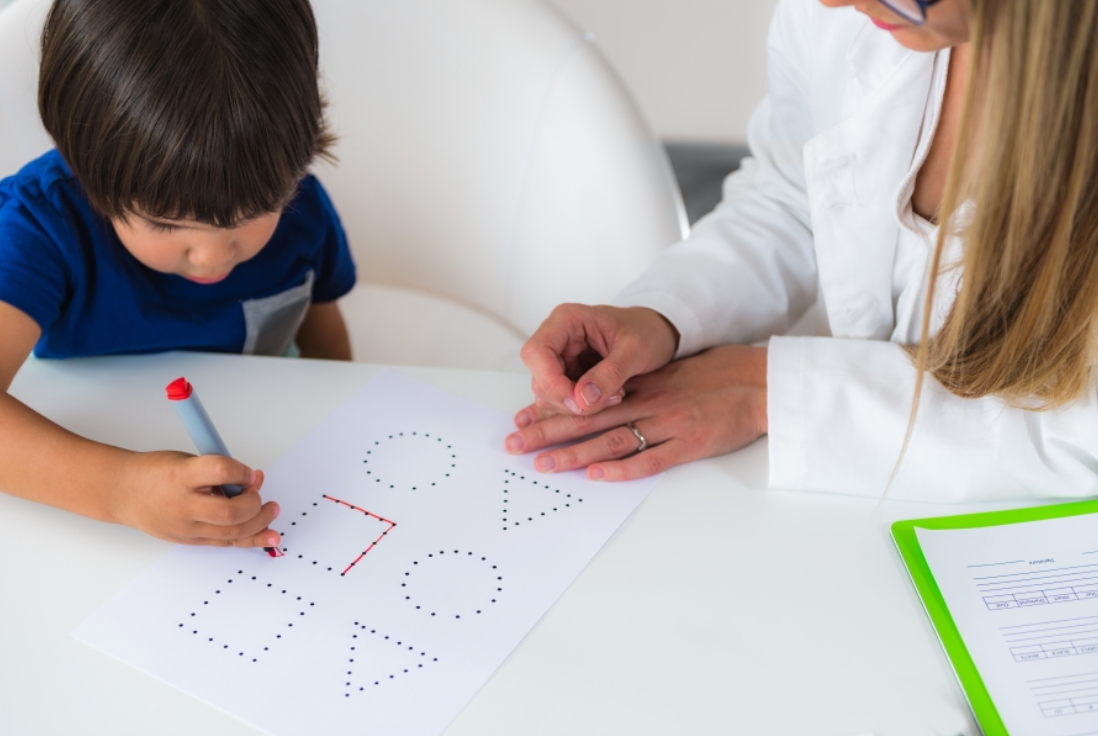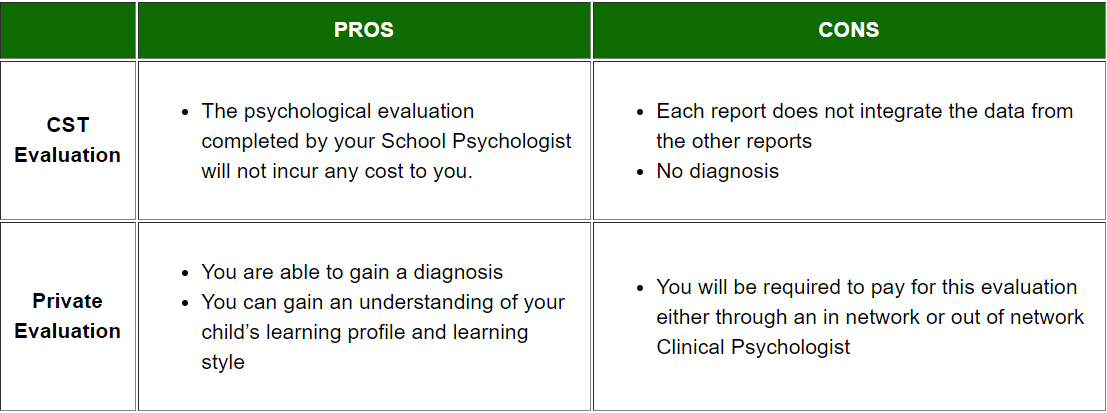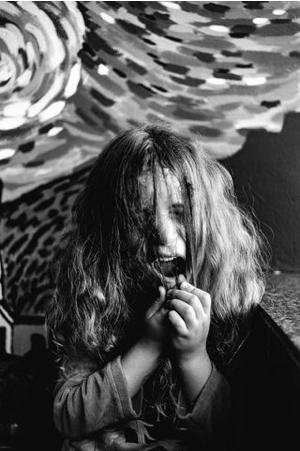Your child may also become easily frustrated because other children are not as interested in certain topics, games, or other children don’t want to talk about that topic for very long. Possibly, your child may not notice the body language and facial expressions of a peer who has lost interest, and ultimately walks away. When your child feels rejected, but doesn’t know why – they may become very angry, yell or become aggressive towards the children whose behavior or actions aren’t understood. The other children don’t understand your child’s internal experience and begin to label him as angry or weird. To a parent, that’s heartbreaking.
Unfortunately, you can’t go to school with your child and mediate these peer interactions (even though you’ve thought about it!), but you can use a few strategies to help build your child’s social awareness in an effort to make social relationships a little bit easier.
Role Play
To help your child understand what a disinterested peer looks like, act it out, or be exaggerative in your response to him when he tells you a story at home that is now going on for a long period of time with no end in sight. Your tolerance is higher and your patience may be greater because, after all, this is your baby. However, friends are not that patient.
See if your child asks you what’s wrong or why you’re making that face or slouching in your seat. Use this as a time to tell your child that his story is too long. You may feel like a ‘bad’ parent for saying something like this, but if you don’t, his peers will – and they likely won’t be as nice about it!
You can also role play other signs of disinterest, such as looking around the room, starting a conversation with another person, or walking away. Let your child know that it’s time to end a story or conversation and do something else. For example, she can ask her peer a question to keep the conversation going, “What did you do this weekend? What’s your favorite cartoon?” or “Do you want to play tag with me?”
Image by: Shield Healthcare










